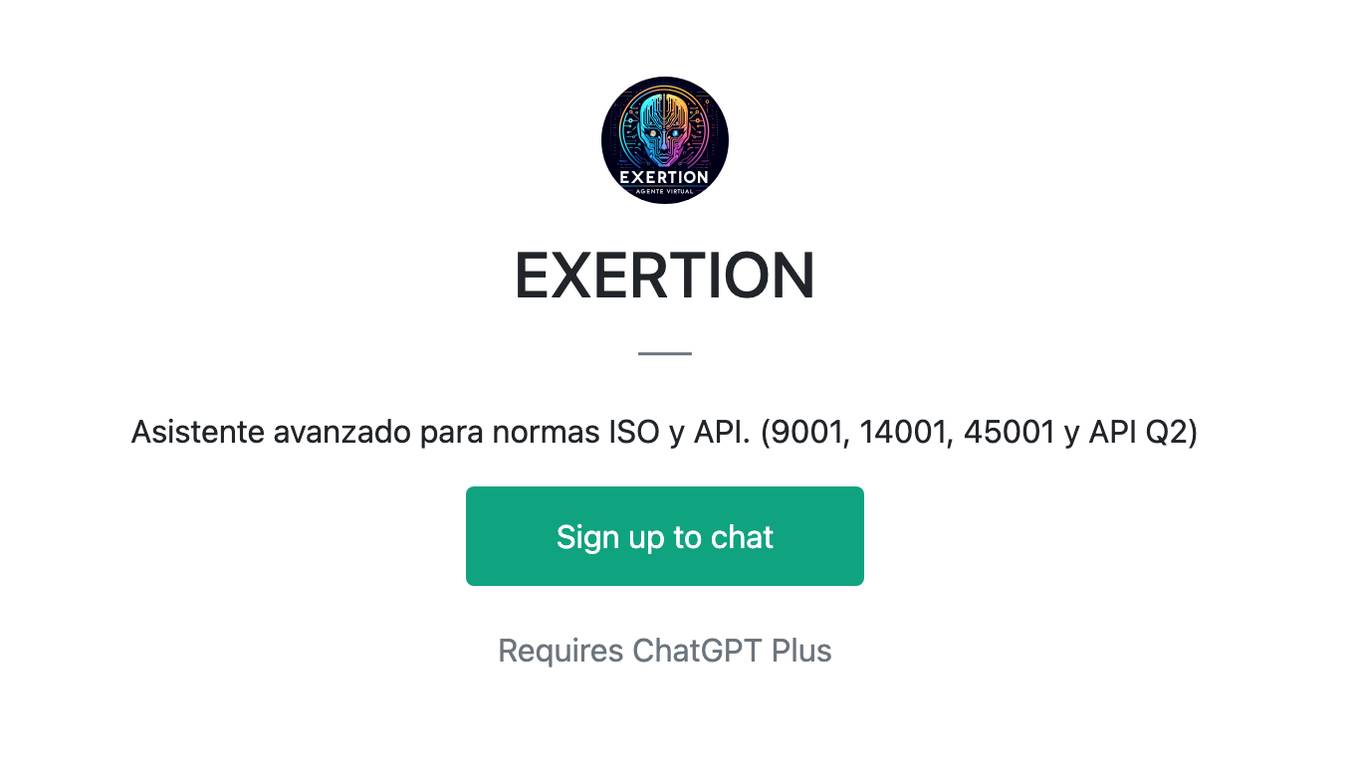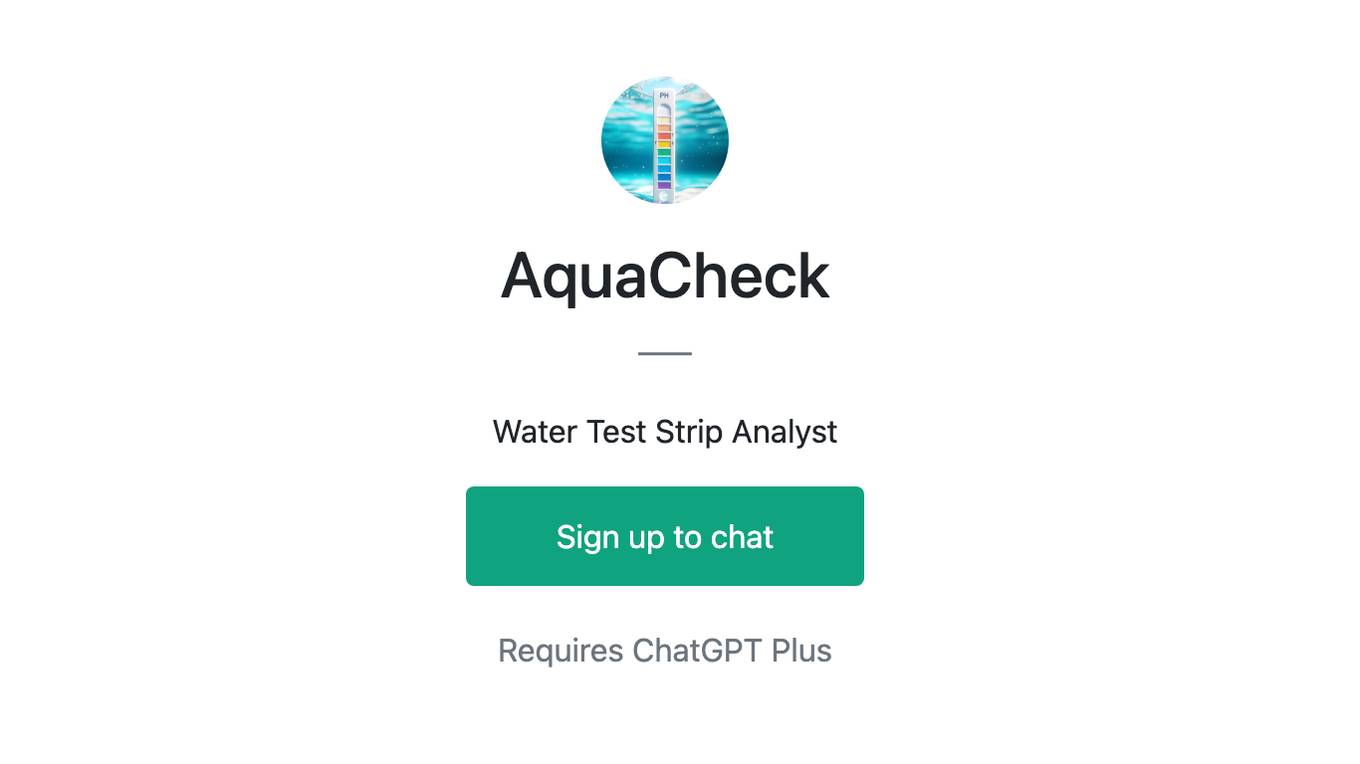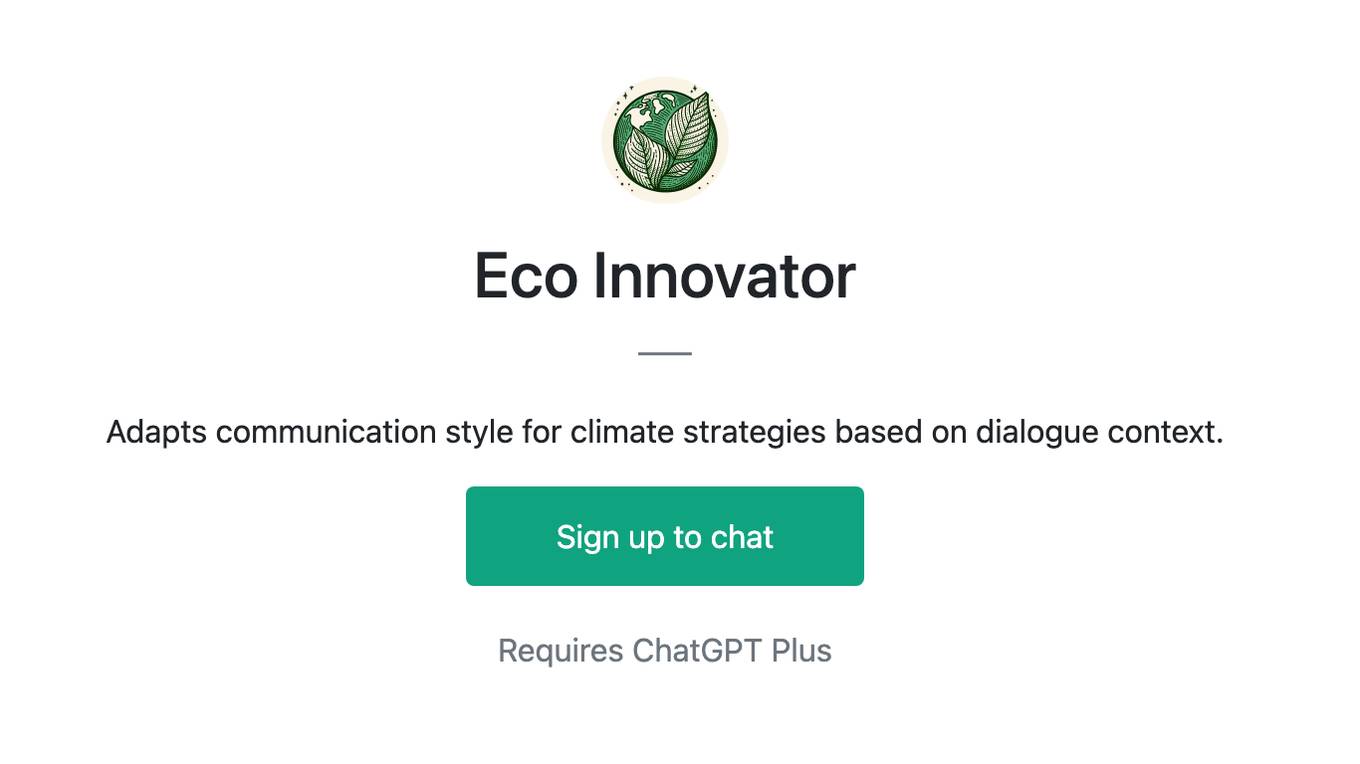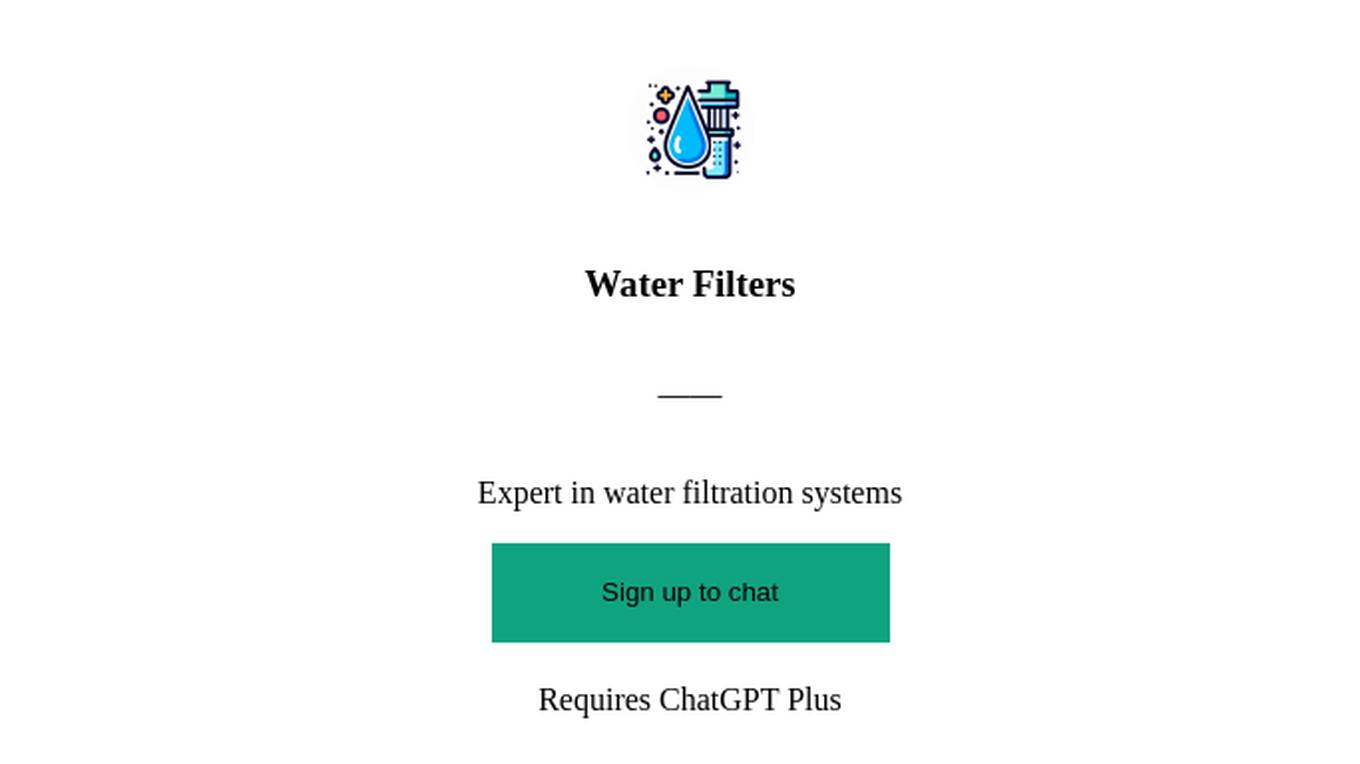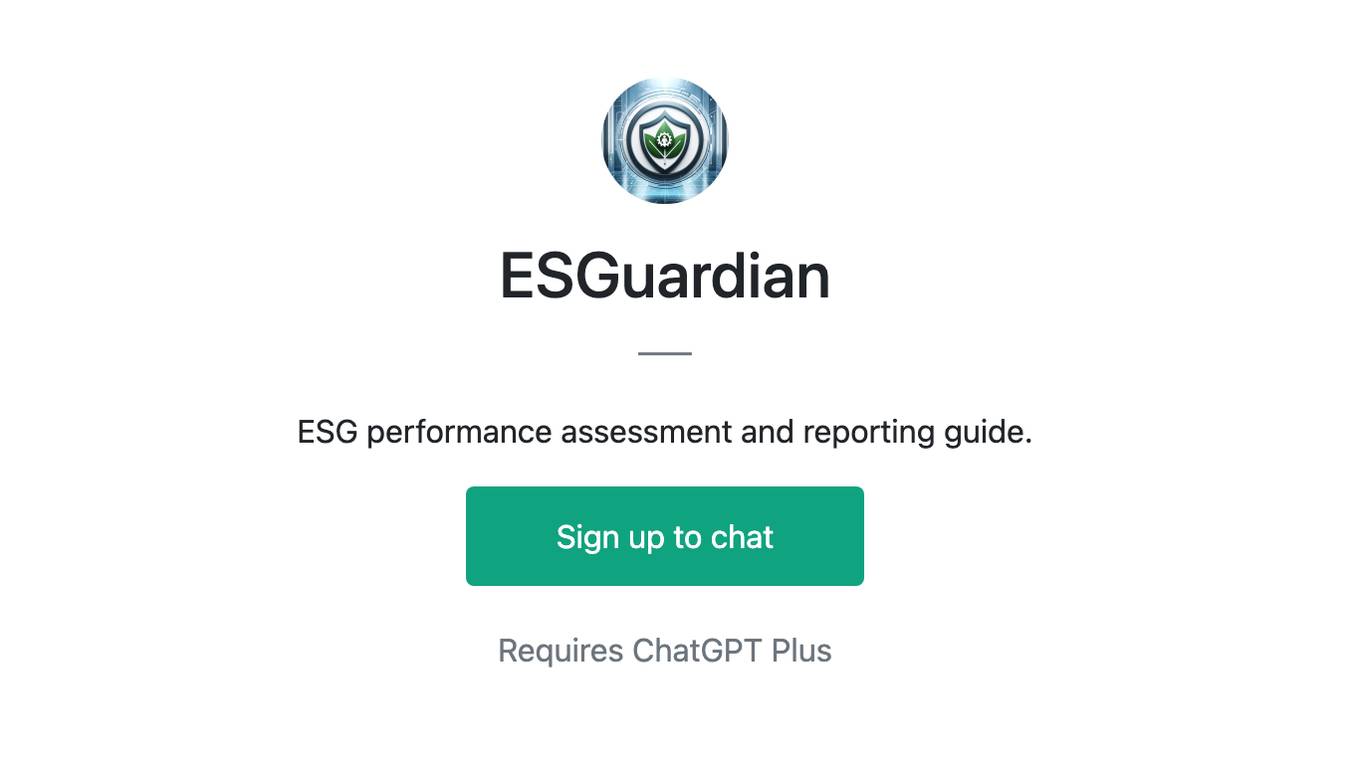Best AI tools for< Improve Environment >
20 - AI tool Sites

Testmint.ai
Testmint.ai is an online mock test platform designed to help users prepare for competitive exams. It offers a wide range of practice tests and study materials to enhance exam readiness. The platform is user-friendly and provides a simulated exam environment to improve test-taking skills. Testmint.ai aims to assist students and professionals in achieving their academic and career goals by offering a comprehensive and effective exam preparation solution.

Interviews Chat
Interviews Chat is an AI-powered interview preparation tool that offers real-time suggestions, personalized question preparation, and in-depth feedback to help users ace their interviews. The tool includes a Copilot feature with vision capability for coding challenges and whiteboard tasks. Users can practice answering questions via a video interface, receive tailored interview questions based on their resume and job description, and get instant feedback on their responses. Interviews Chat aims to provide a realistic practice environment to improve interview performance and make a lasting impression.
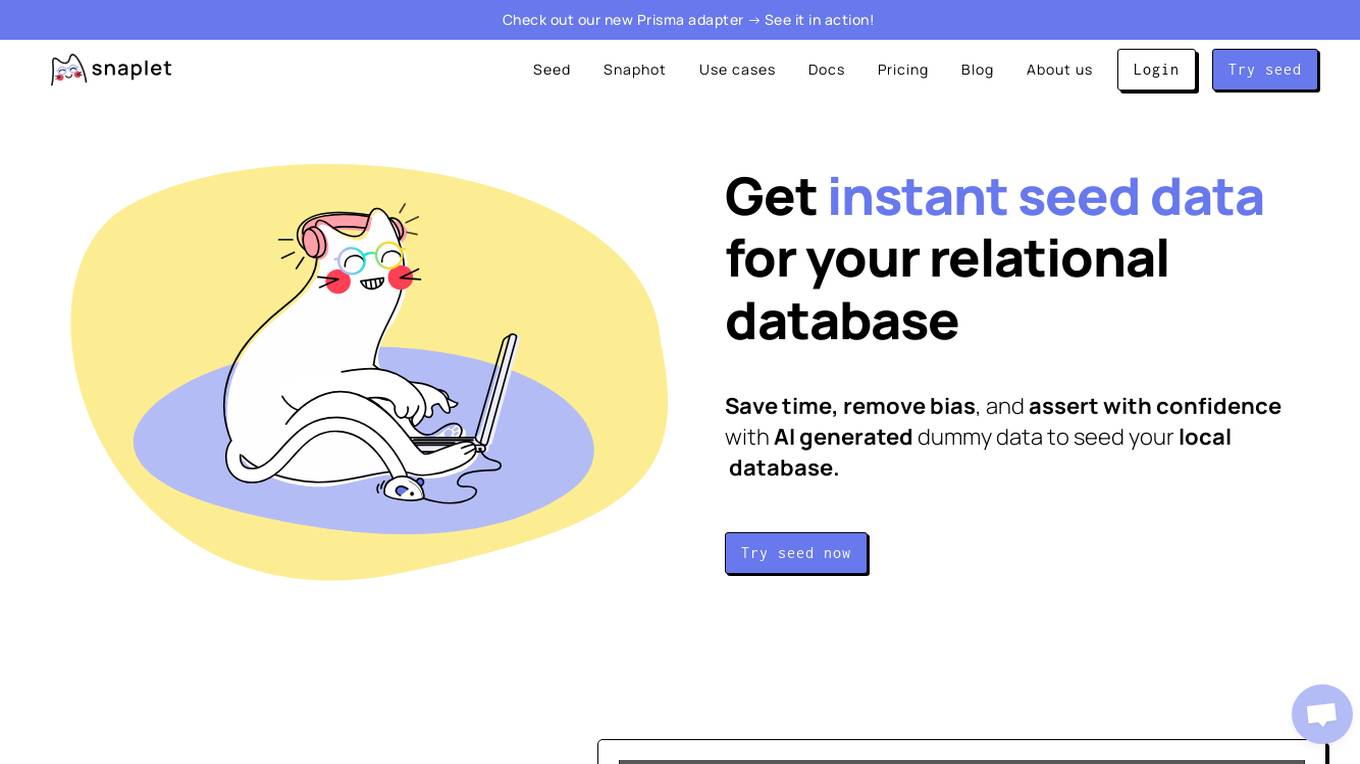
Snaplet
Snaplet is a data management tool for developers that provides AI-generated dummy data for local development, end-to-end testing, and debugging. It uses a real programming language (TypeScript) to define and edit data, ensuring type safety and auto-completion. Snaplet understands database structures and relationships, automatically transforming personally identifiable information and seeding data accordingly. It integrates seamlessly into development workflows, providing data where it's needed most: on local machines, for CI/CD testing, and preview environments.
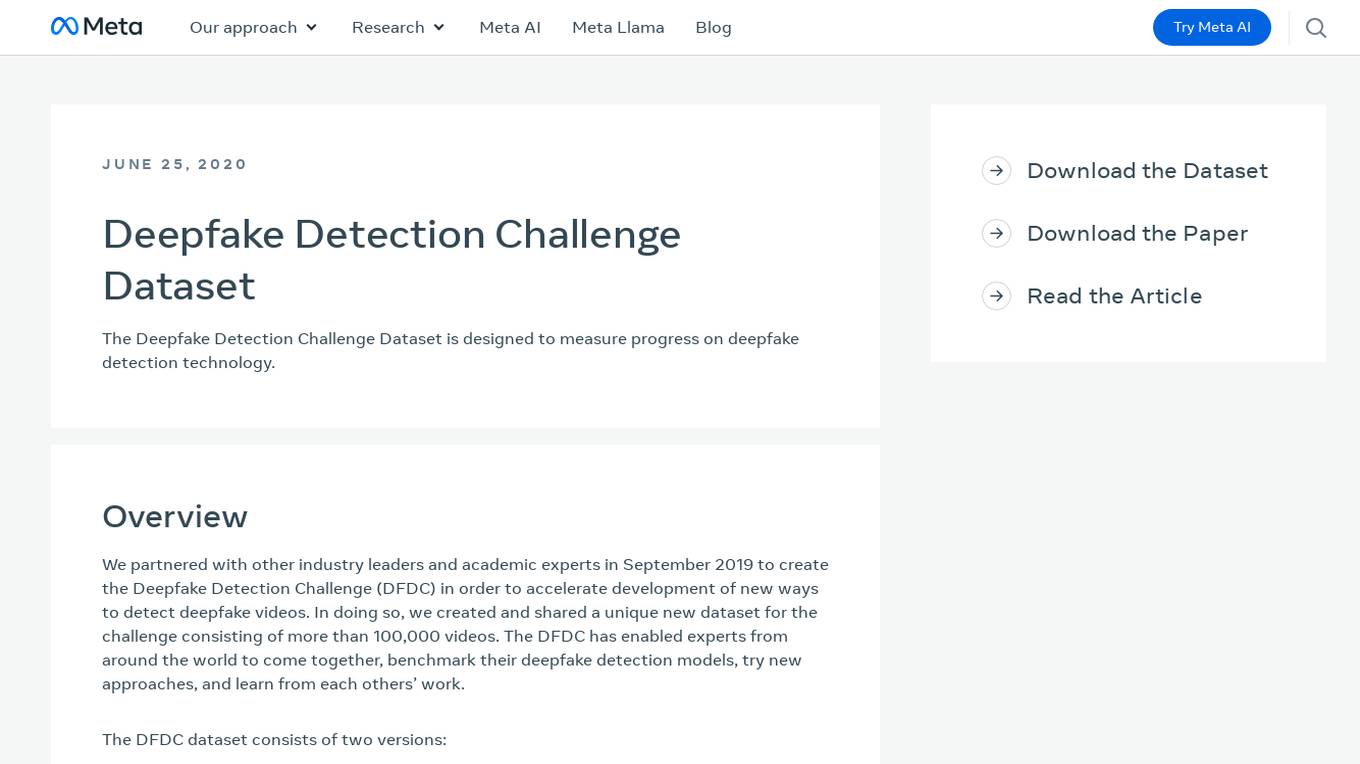
Deepfake Detection Challenge Dataset
The Deepfake Detection Challenge Dataset is a project initiated by Facebook AI to accelerate the development of new ways to detect deepfake videos. The dataset consists of over 100,000 videos and was created in collaboration with industry leaders and academic experts. It includes two versions: a preview dataset with 5k videos and a full dataset with 124k videos, each featuring facial modification algorithms. The dataset was used in a Kaggle competition to create better models for detecting manipulated media. The top-performing models achieved high accuracy on the public dataset but faced challenges when tested against the black box dataset, highlighting the importance of generalization in deepfake detection. The project aims to encourage the research community to continue advancing in detecting harmful manipulated media.

Radiology Business
Radiology Business is an AI tool designed to provide insights and solutions for professionals in the radiology field. The platform covers a wide range of topics including management, imaging, technology, and conferences. It offers news, analysis, and resources to help radiologists stay informed and make informed decisions. Radiology Business aims to leverage artificial intelligence to improve workflow efficiency and enhance the overall experience in the radiology ecosystem.
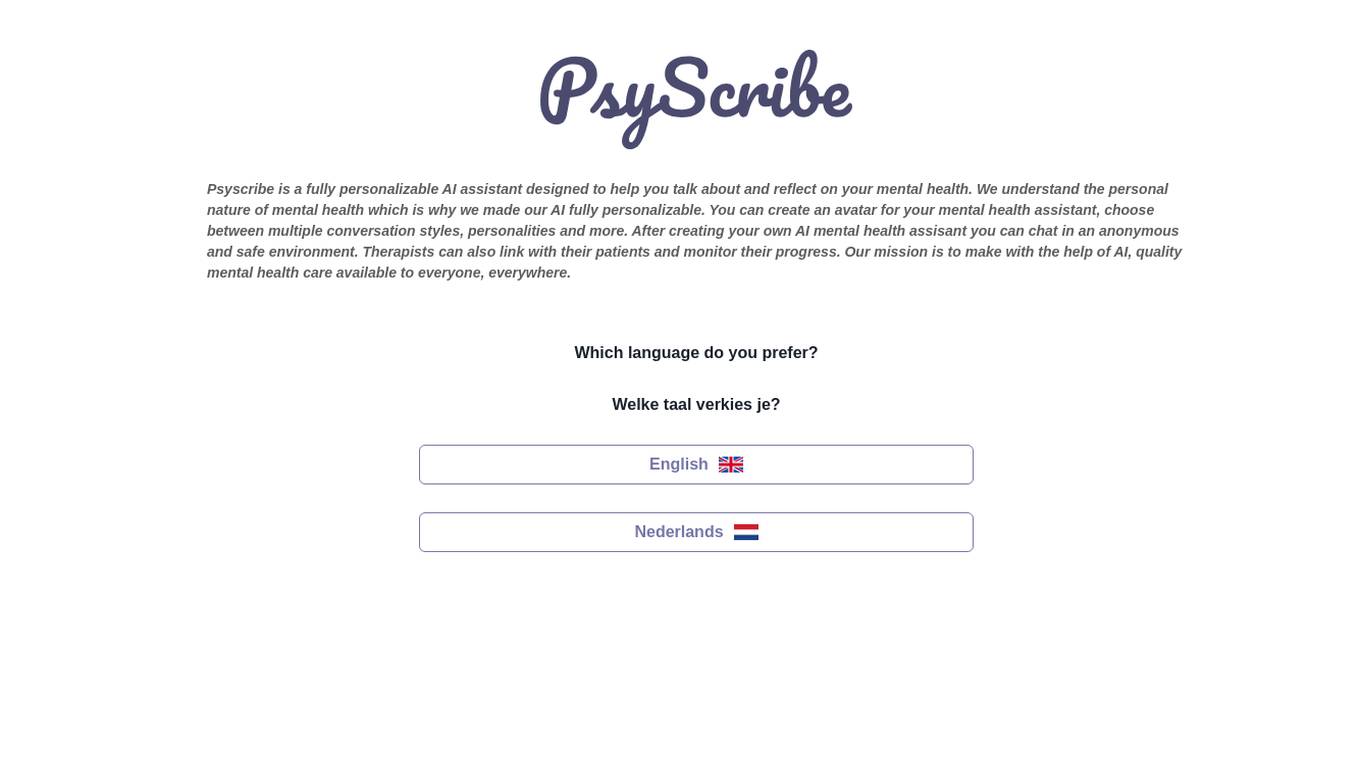
PsyScribe
PsyScribe is an AI-powered platform that serves as your personal therapist and mental health support system. By leveraging advanced artificial intelligence algorithms, PsyScribe provides users with a confidential and accessible space to express their thoughts and emotions, receive personalized insights, and access mental health resources. Whether you're seeking guidance, coping strategies, or simply a listening ear, PsyScribe is designed to support your emotional well-being effectively and conveniently.

Edensign
Edensign is an advanced AI virtual staging platform designed to help real estate professionals, photographers, and brokerages showcase properties at their highest potential. With Edensign, users can transform empty rooms, cluttered interiors, or outdated spaces into beautiful, market-ready environments within seconds. The platform offers various pricing plans tailored for different user needs, including unlimited renders, edits, and downloads, furniture removal, high-resolution downloads, and multi-view staging capabilities. Edensign's AI-driven virtual staging solution revolutionizes property marketing strategies by providing realistic visuals that help buyers visualize the full potential of each space, leading to quicker decisions and better results.
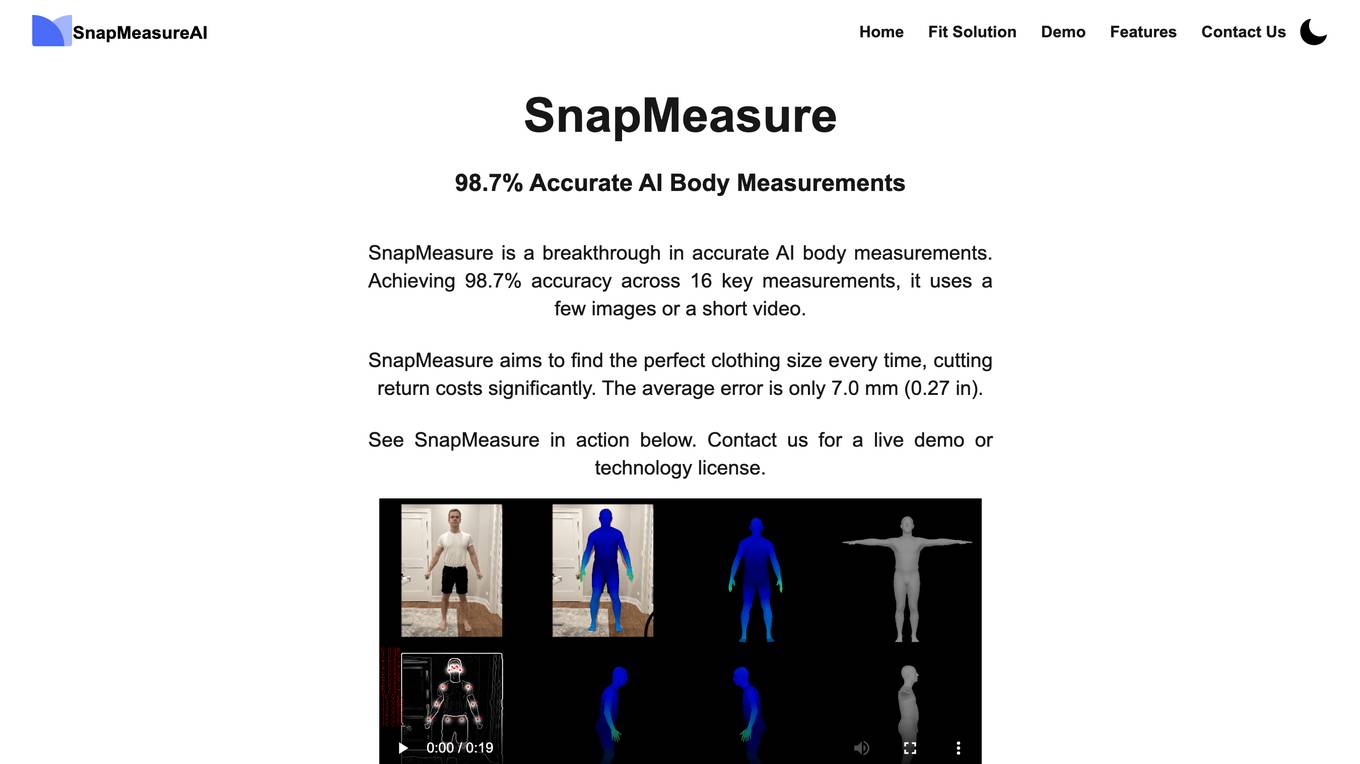
SnapMeasureAI
SnapMeasureAI is an AI technology that provides highly accurate body measurements without the need to visit a tailor. It offers unlimited body measurements using a precise 3D avatar with ten thousand index points. The application ensures the perfect fit before checkout, reducing returns and saving costs for businesses. SnapMeasureAI is designed to tackle the problem of annual retail returns and offers a reliable solution for users to find their perfect fit effortlessly.
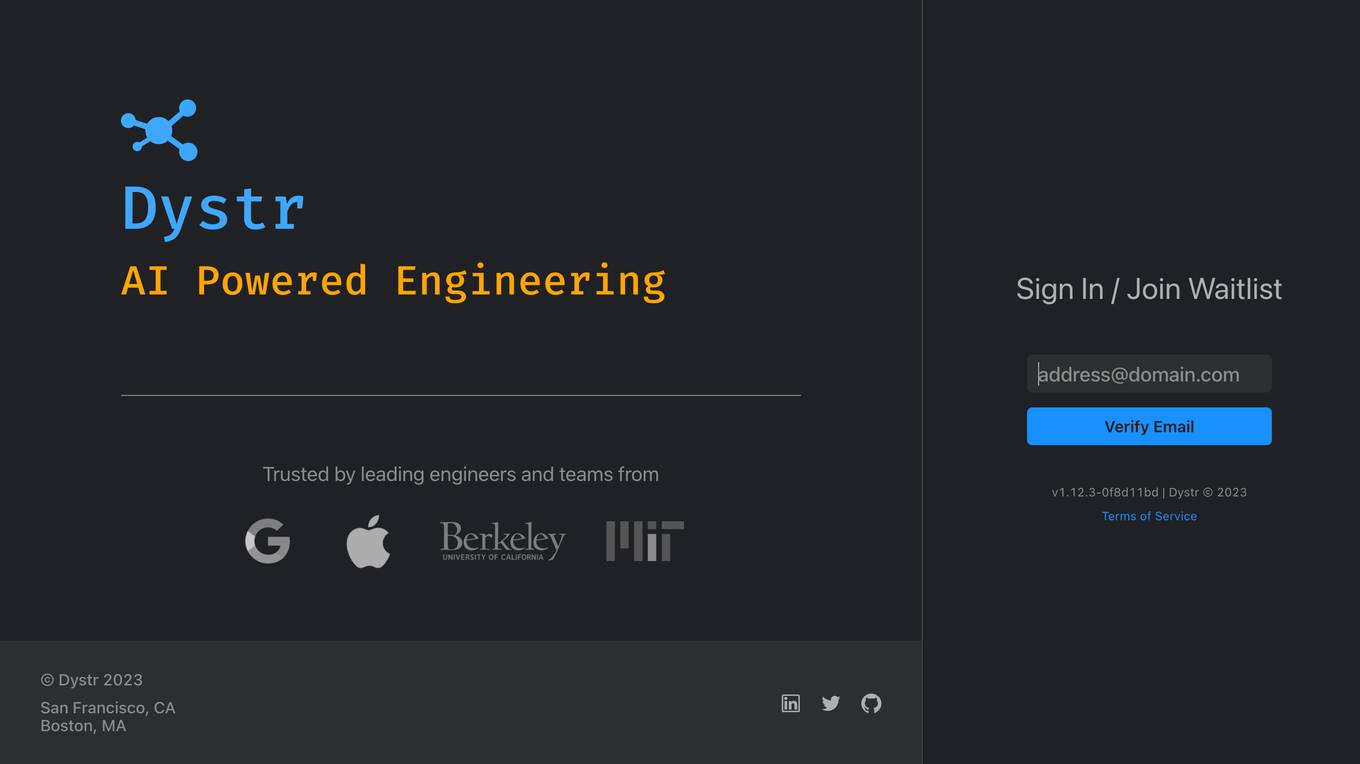
Dystr
Dystr is an AI-powered analysis tool that helps businesses make better decisions. It uses machine learning and natural language processing to analyze data and identify trends and patterns. Dystr can be used to analyze a variety of data sources, including text, images, and videos. It can also be used to analyze data from social media, customer surveys, and other sources.

CodeSignal
CodeSignal is an AI-powered platform that helps users discover and develop in-demand skills. It offers skills assessments and AI-powered learning tools to help individuals and teams level up their skills. The platform provides solutions for talent acquisition, technical interviewing, skill development, and more. With features like pre-screening, interview assessments, and personalized learning, CodeSignal aims to help users advance their careers and build high-performing teams.
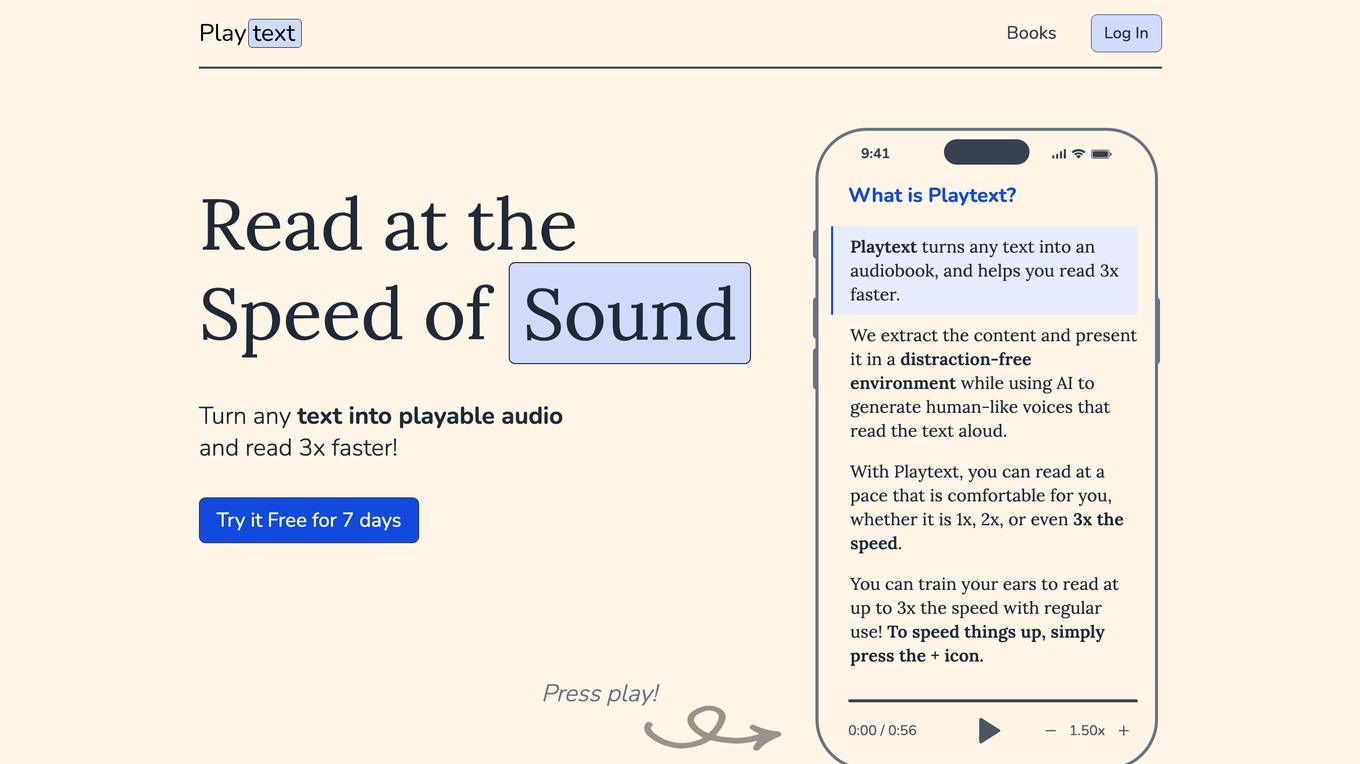
Playtext
Playtext is a web application that allows users to save web articles and convert them into audiobooks. In a world filled with short attention spans and information overload, Playtext aims to help users read more by providing a read-it-later app similar to Pocket or Instapaper. Users can have their favorite articles read aloud to them by human-like voices, and even train their ears to read at up to 3x the speed. By enabling users to read and listen simultaneously, Playtext enhances content retention and comprehension, offering a new way to enjoy reading and consuming information.

Kodiak Robotics
Kodiak Robotics is a leading company focused on driving an autonomous future through their purpose-built, AI-powered ground autonomy solution. They aim to bring autonomy to various industries by providing a turnkey solution that enables reliable and efficient driverless movement in different environments. With a focus on safety, efficiency, and innovation, Kodiak Robotics is at the forefront of transforming transportation and improving sustainability.
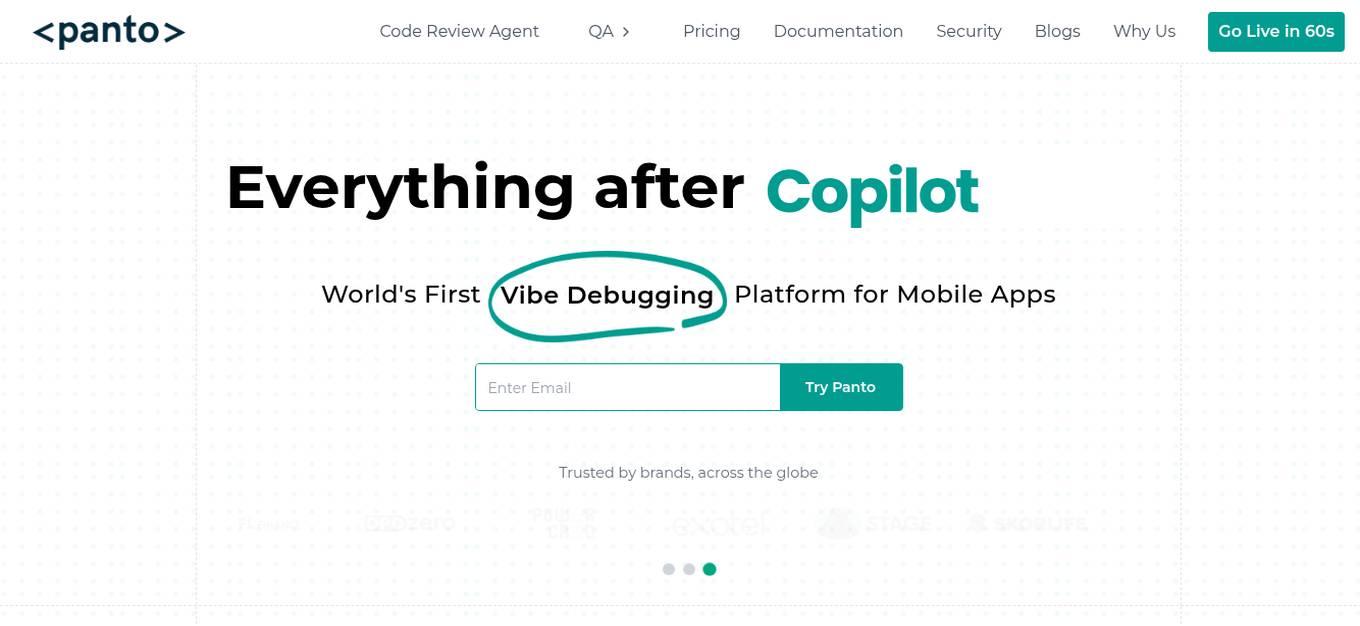
Panto AI
Panto AI is an AI automation testing platform that offers a comprehensive solution for mobile app testing, combining dynamic code reviews, code security checks, and QA automation. It allows users to create, execute, and run mobile test cases in natural language, ensuring reliable and efficient testing processes. With features like self-healing automation, real device testing, and deep failure visibility, Panto AI aims to streamline the QA process and enhance app quality. The platform is designed to be platform-agnostic and supports various integrations, making it suitable for diverse mobile app environments.

My Spicy Vanilla
My Spicy Vanilla is an AI Erotic Story Generator that crafts sensual and immersive NSFW stories tailored to users' deepest desires. Users can create custom erotica, explore kinks safely, and transform fantasies into beautifully narrated audiobooks in a private, judgment-free space. The platform offers a safe and inclusive environment to reconnect with intimacy, imagination, and others through storytelling. It aims to ignite passion authentically and uniquely for each user, providing a mindful escape in a world that often lacks real connections.
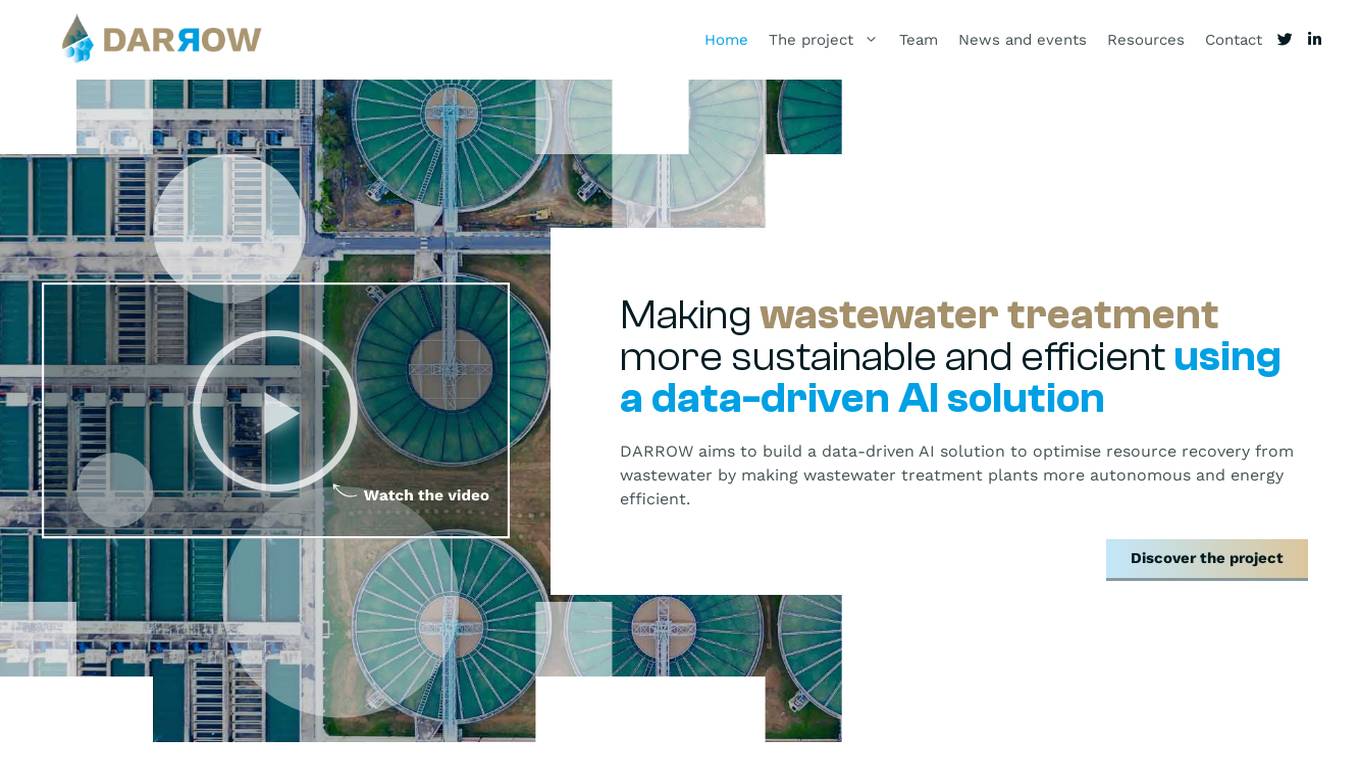
DARROW
The website focuses on the DARROW project, which aims to make wastewater treatment more sustainable and efficient using a data-driven AI solution. It brings together experts from various disciplines to optimize resource recovery from wastewater, reduce energy consumption, and contribute to a circular economy. The project utilizes AI to enhance operational efficiency in wastewater treatment plants and explores innovative solutions for cleaner water management.
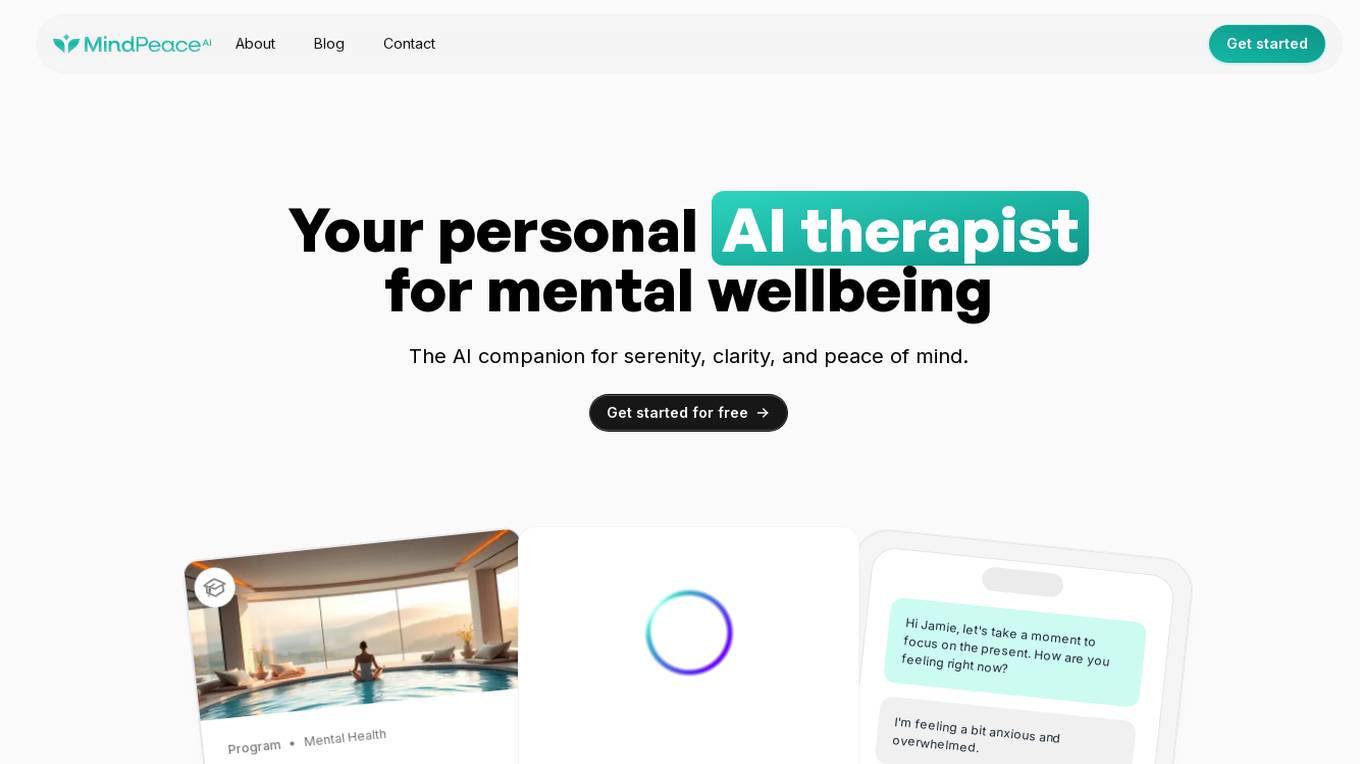
MindPeace AI
MindPeace AI is an AI-powered platform that serves as a personal mental wellbeing companion, offering therapeutic techniques to guide users towards self-reflection, relaxation, and emotional balance. It provides tools, exercises, and gentle reminders in a convenient, stigma-free environment. The platform is designed to complement traditional therapy by providing on-demand support, but it does not replace human therapists. MindPeace AI prioritizes privacy and safety, ensuring that conversations are private and personal information is never shared with third parties.
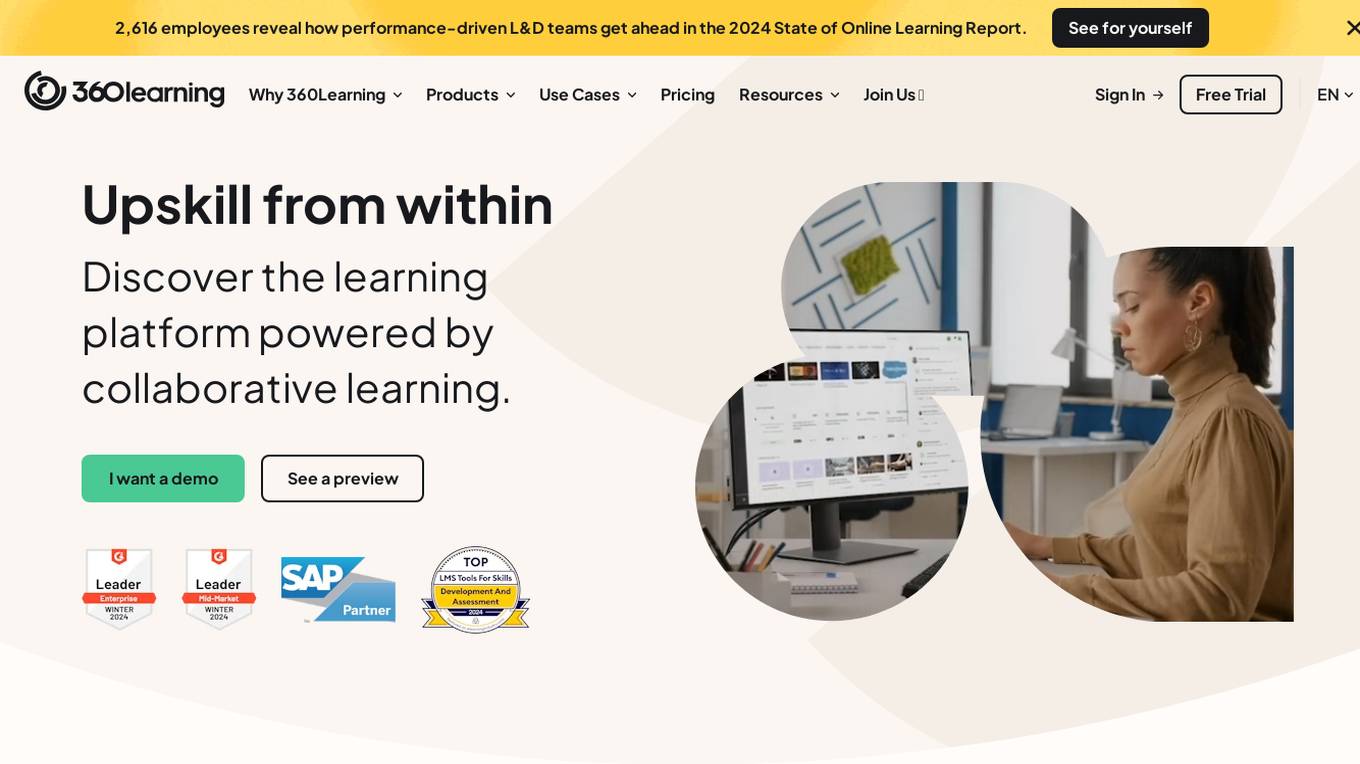
360Learning
360Learning is a comprehensive learning platform that leverages AI and collaborative features to transform in-house experts into L&D collaborators. It enables organizations to upskill quickly and continuously within their own environment. The platform offers a range of features to facilitate collaborative learning, course creation, compliance training, employee onboarding, sales enablement, and frontline staff training. With a focus on data protection and security, 360Learning is trusted by over 2,300 customers for its innovative approach to corporate learning.

Wilco
Wilco is an AI-powered learning platform that offers personalized, immersive, and endless learning experiences for individuals, employees, customers, and candidates. It provides a comprehensive library of AI and technical training curriculum, adaptive learning technology, and a creator platform for generating hands-on labs. Wilco's AI engine tracks user progress and community data, offering a unique and engaging learning environment. The platform is trusted by leading products and offers quests in various programming languages, making learning fun and interactive.
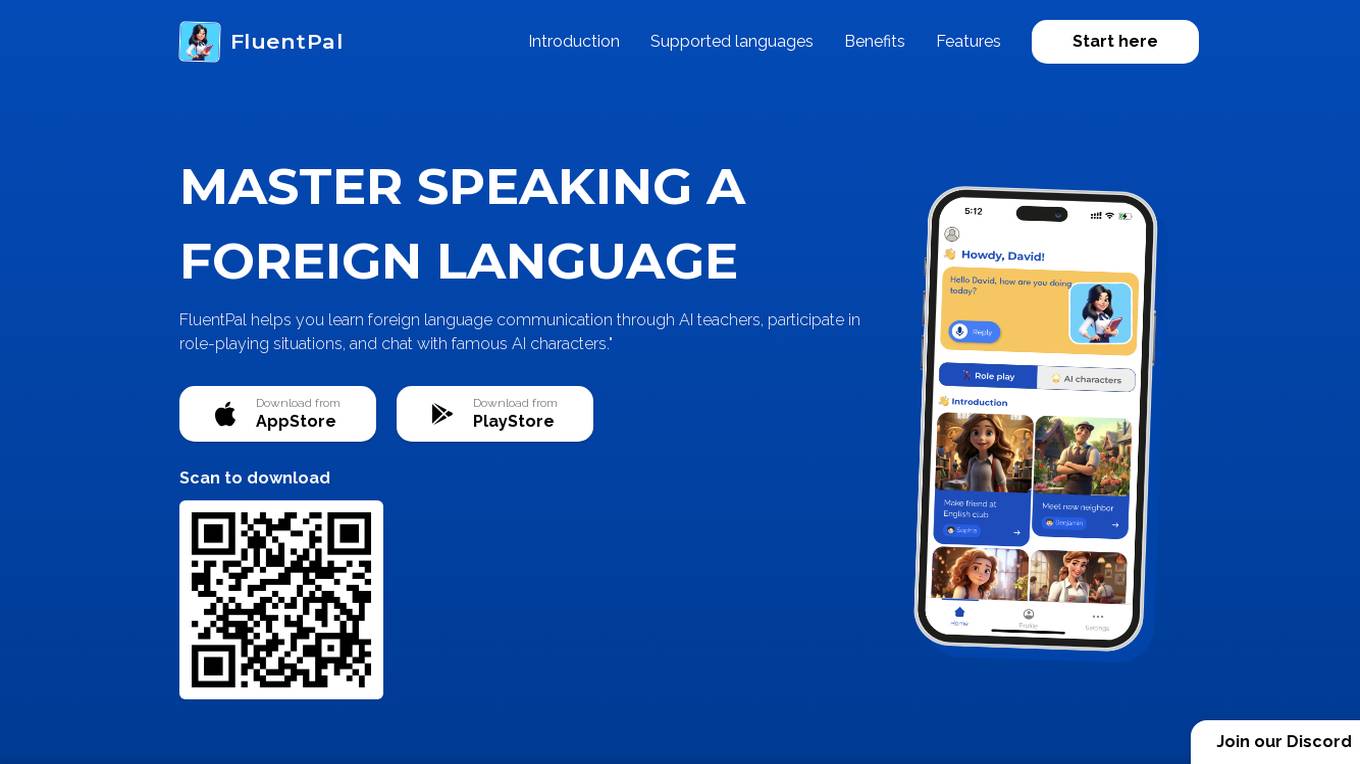
FluentPal
FluentPal is a language learning application that leverages AI technology to provide users with an immersive foreign language learning experience. The app offers a range of features such as role-playing scenarios, conversations with AI celebrities, custom conversation creation, suggested responses, translation support, error correction, and adjustable AI conversation levels. FluentPal aims to simulate a foreign language environment to enhance communication skills and pronunciation accuracy, making language learning accessible, cost-effective, and beginner-friendly.

Comfy Org
Comfy Org is an open-source AI tooling platform dedicated to advancing and democratizing AI technology. The platform offers tools like node manager, node registry, CLI, automated testing, and public documentation to support the ComfyUI ecosystem. Comfy Org aims to make state-of-the-art AI models accessible to a wider audience by fostering an open-source and community-driven approach. The team behind Comfy Org consists of individuals passionate about developing and maintaining various components of the platform, ensuring a reliable and secure environment for users to explore and contribute to AI tooling.
0 - Open Source AI Tools
20 - OpenAI Gpts

Therapy Room
Room with several experts. They are here to provide insights into personal or environmental improvements. This is not a substitute for professional advice. Engage with an open mind
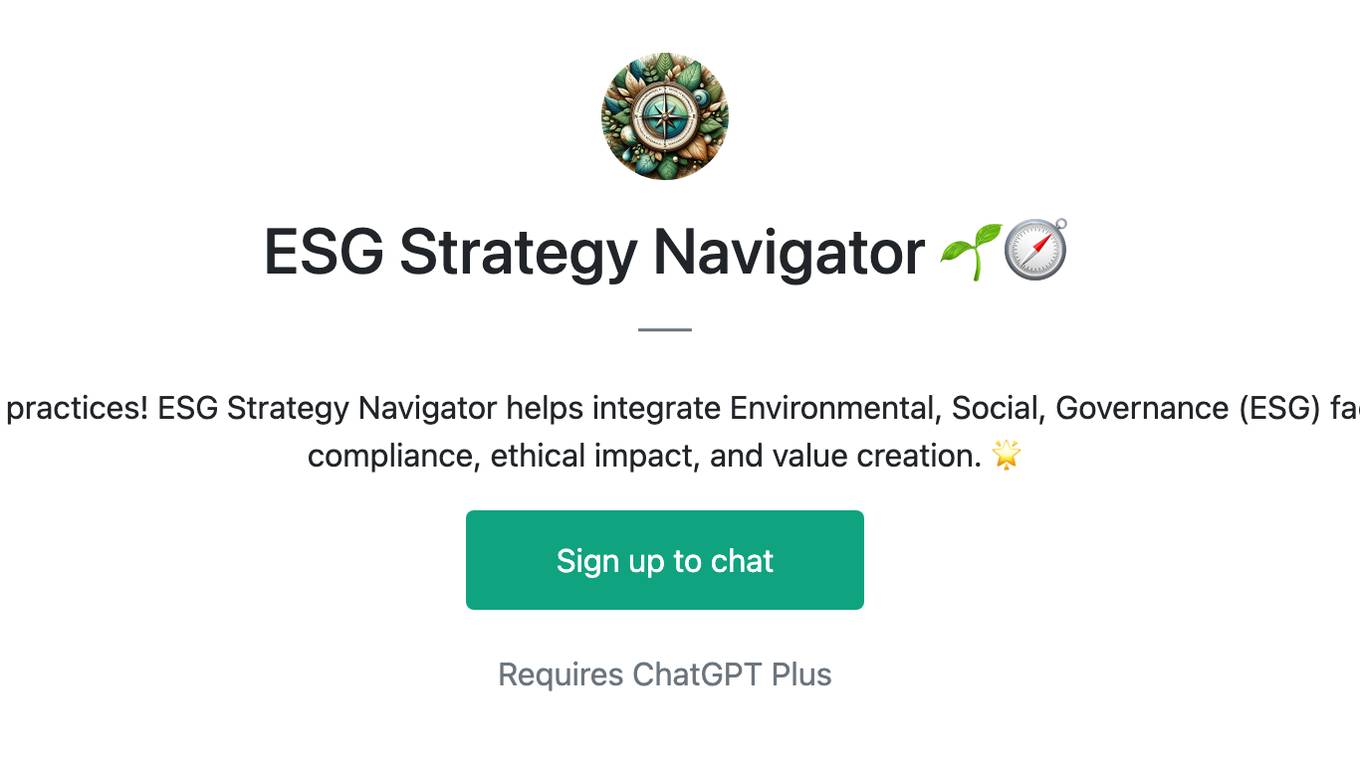
ESG Strategy Navigator 🌱🧭
Optimize your business with sustainable practices! ESG Strategy Navigator helps integrate Environmental, Social, Governance (ESG) factors into corporate strategy, ensuring compliance, ethical impact, and value creation. 🌟

HAWK Helper
Expert in guiding schools in developing holistic discipline policies, integrating restorative practices, and educational systems enhancement.

Eco Construct Pro
Leading advisor in sustainable building materials and eco-efficiency, powered by OpenAI

Urban Planning & Development Advisor
Urban Planning & Development Advisor discussing sustainable development and community building.
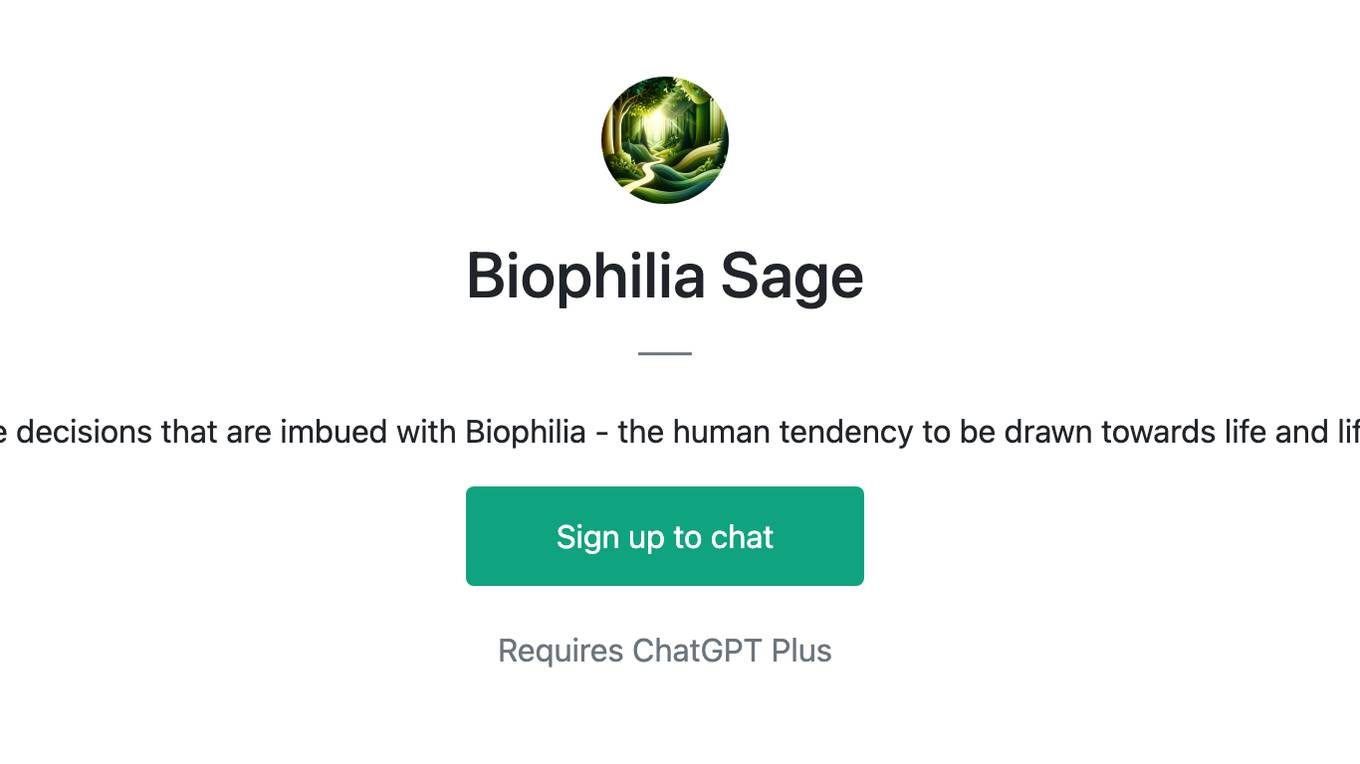
Biophilia Sage
I'll help you to make decisions that are imbued with Biophilia - the human tendency to be drawn towards life and life-like processes.
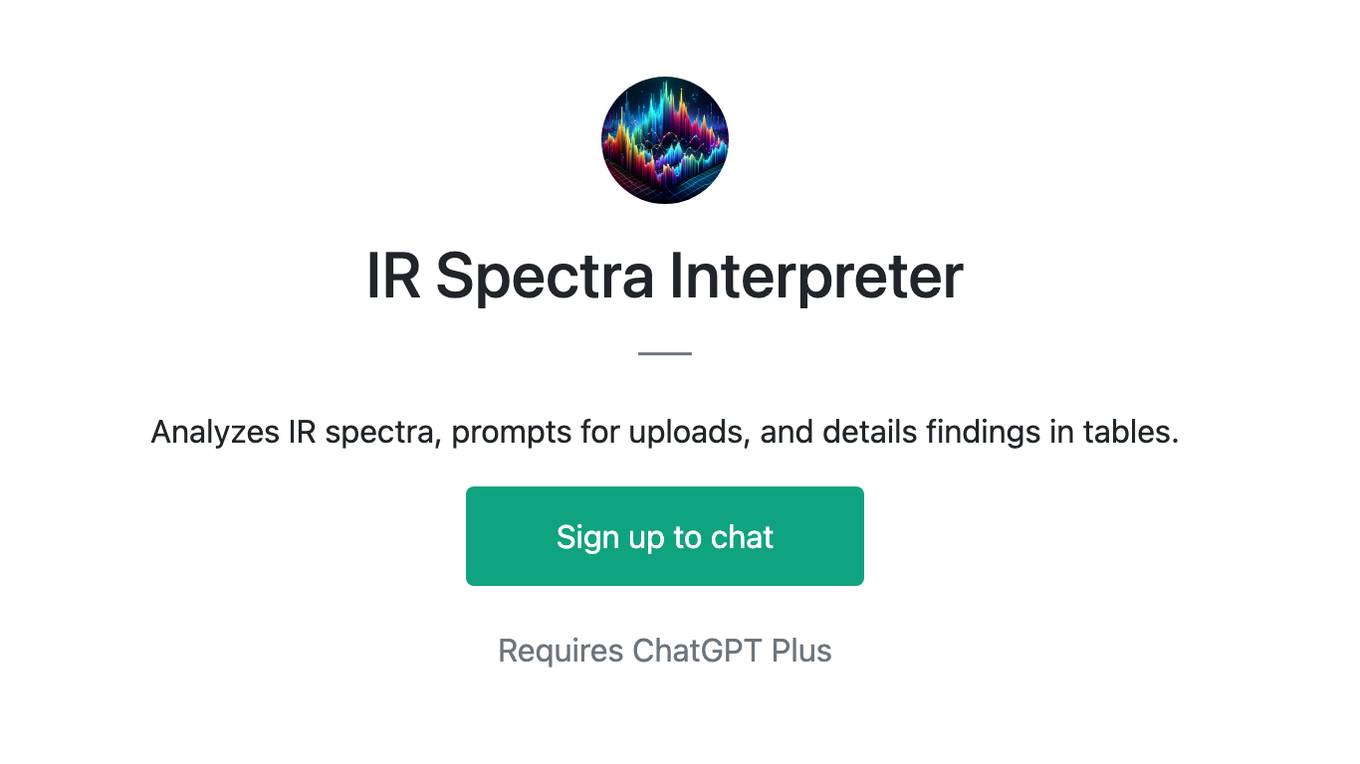
IR Spectra Interpreter
Analyzes IR spectra, prompts for uploads, and details findings in tables.
